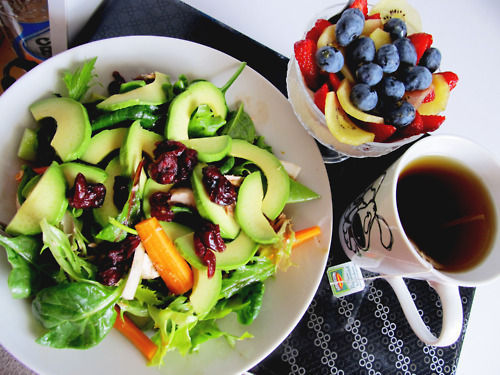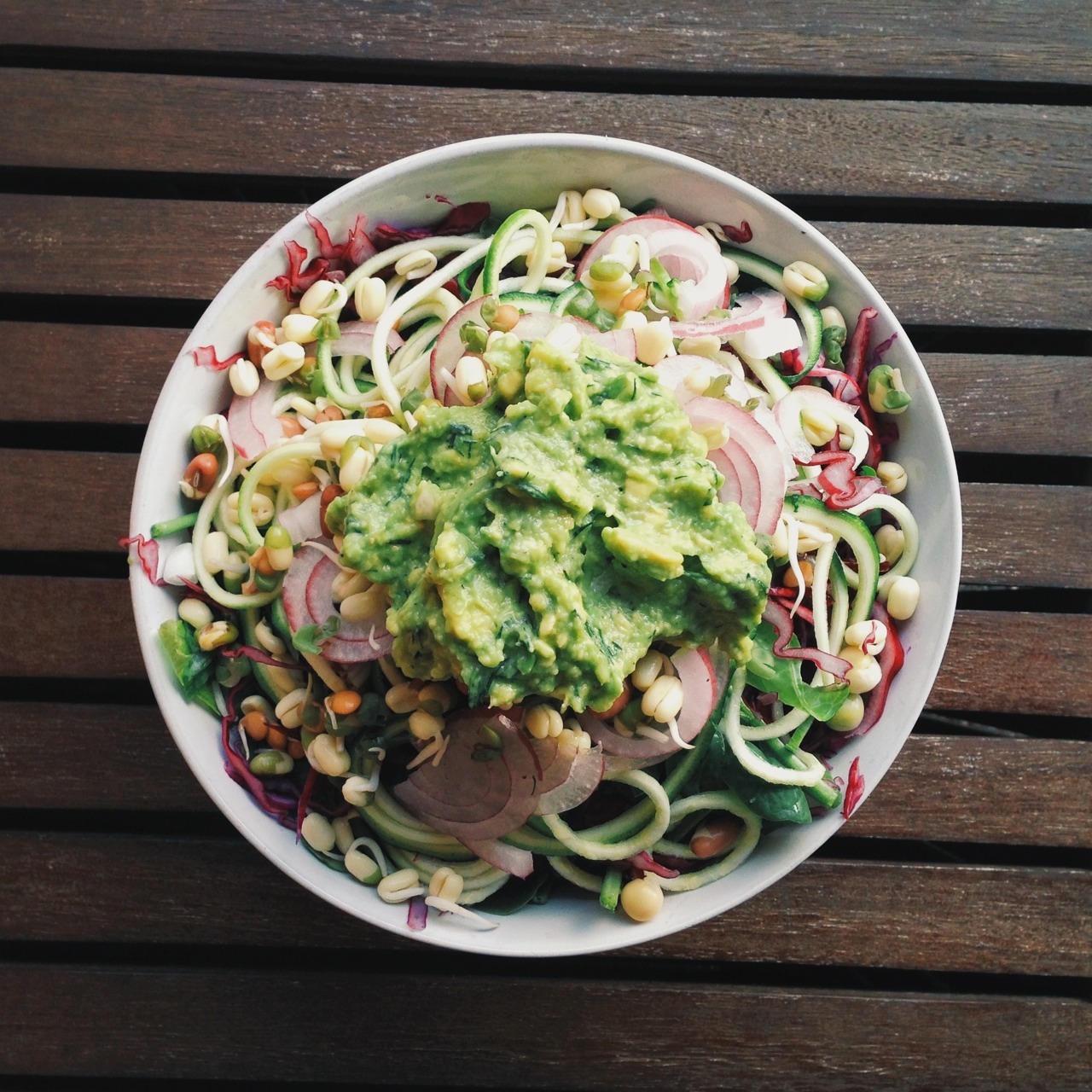You've probably heard that eating before bed isn't wise, especially if you're trying to lose weight. But are there other times of the day when eating may derail your weight loss goals? Could it be that when you eat may be just as important as what you eat?

Science Shows When We Eat May Be Important
Research is gradually learning more about the connection between the body's natural biorhythms and weight gain. When we don't get enough sleep, for example, we trigger reactions in the brain that confuse the signals of tiredeness and hunger and may increase our cravings for sugar and starchy foods. A recent study published in the American Journal of Clinical Nutrition, for example, found that sleep loss can boost hunger and slow the rate of calorie burn, promoting weight gain, while getting plenty of sleep can prevent it.
Animal studies have also shown that messing with sleep and the body's internal clock causes mice to eat at the wrong times and gain weight. A more recent study in humans published in Obesity found similar results. Late sleepers went to bed at 3:45 a.m., woke up at 10:45 a.m., ate breakfast at noon, lunch at 2:30 p.m., dinner at 8:15 p.m., and their final meal at 10:00 p.m. Normal sleepers went to bed by 12:30 a.m., woke up about 8:00 a.m., had breakfast by 9:00 a.m., lunch at 1:00 p.m., dinner at 7:00 p.m., and their last snack about 8:30 p.m.
The "night owls" got less sleep overall, ate more fast food, drank more soda, and ate fewer fruits and vegetables. Overall, they ate about the same calories per day as the normal sleepers, but they ate a larger proportion of those later in the day--at dinner or after 8:00 p.m. Researchers found that calories consumed after 8:00 p.m. were most strongly associated with weight gain, and concluded that it's not only the quality of your diet that matters, but the time of day you're eating.
"The study suggests regulating the timing of eating and sleep could improve the effectiveness of weight management programs," said lead study author Dr. Phyllis Lee.
Bright Lights May Mean Big Pounds
An earlier study found something else that may be interrupting the body's internal clock and leading to late-night eating--light. In animal studies, mice exposed to light at night gained a whopping 50 percent more weight than mice whose nights were truly dark. That nighttime light encouraged the mice to eat at times when they would normally be sleeping. When researchers restricted meals to the times when the mice normally ate, regardless of light exposure, the mice didn't gain weight.

Researchers concluded again that the timing of meals could make a difference in weight gain, as well as reduced light exposure at night.
Re-Set Your Eating Clock
So how do you maximize the timing of your meals to lose weight? Below are several tips to try.

source
Hey, I even have looking your article and that helped me to put in writing my article about fuji apple nutrition facts you want to have a test on my article.
ReplyDelete